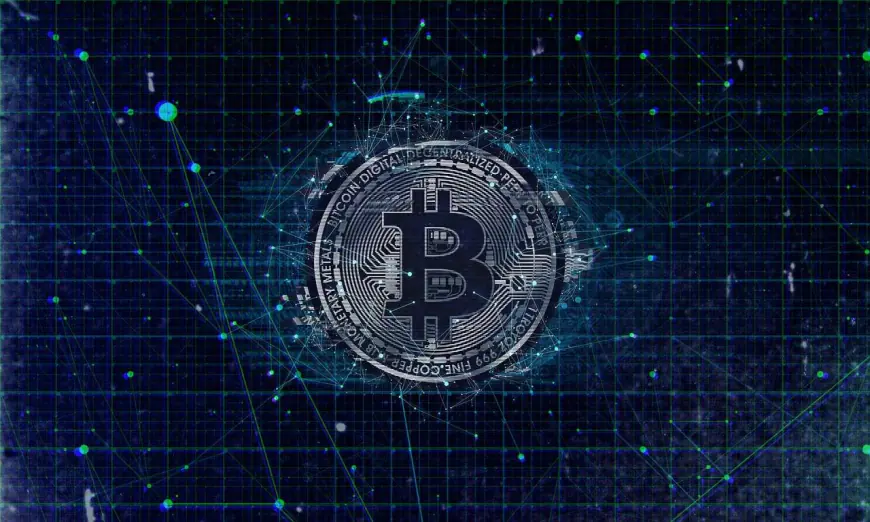Ava Labs Founder Warns of Quantum Threat to Satoshi’s Bitcoin
Ava Labs founder warns Satoshi’s 1 million Bitcoin face quantum threats due to the outdated P2PK cryptographic format. The Bitcoin community urged to freeze Satoshi’s coins or sunsetting all P2PK UTXOs to address potential quantum computing risks. Founder of Ava Labs, Emin Gün Sirer, has highlighted a possible security risk to Satoshi Nakamoto’s one million [...]


- Ava Labs founder warns Satoshi’s 1 million Bitcoin face quantum threats due to the outdated P2PK cryptographic format.
- The Bitcoin community urged to freeze Satoshi’s coins or sunsetting all P2PK UTXOs to address potential quantum computing risks.
Founder of Ava Labs, Emin Gün Sirer, has highlighted a possible security risk to Satoshi Nakamoto’s one million Bitcoin (BTC). Said to be worth billions, these coins are kept under security utilizing the older Pay-to-Public-Key (P2PK) system, which reveals the public key.
This antiquated cryptographic method may let quantum computers—which may deduce private keys from public ones—target the BTC. This risk grows more pressing for the Bitcoin community to handle as quantum computing technology develops.
There is the issue of Satoshi's 1m Bitcoin. @hosseeb just reminded me that Satoshi's early minded coins used the very old Pay-To-Public-Key (P2PK) format, which reveals the public key and gives the attacker time to grind, for the mother of all cryptography bounties. P2PK isn't…
— egs9000
(@el33th4xor) December 9, 2024
Bitcoin Transition from P2PK to P2PKH for Enhanced Security
Early on in Bitcoin’s life, the P2PK format was widely utilized; later on, the more secure Pay-to-Public-Key-Hash (P2PKH) format took front stage. P2PKH reduces public key exposure by hiding it until a transaction is conducted, unlike P2PK, thus lowering the risk.
But the design error of the P2PK format makes the public key available, creating a possible opening for attackers with access to quantum computational capacity to take advantage of.
Sirer has suggested that the Bitcoin community give all P2PK unspent transaction outputs (UTXOs) a sunset date or freeze Satoshi’s coins. This would preventively lower the risk presented by developments in quantum computing.
Blockchain technology, which mostly depends on cryptographic security, is seriously challenged by the developing powers of quantum computing. Recent scholarly studies assess various responses and show the chronology along which quantum risks can become realistic.
Implementing these improvements in Bitcoin, a decentralized and unchangeable system, would need considerable effort and broad consensus even while quantum-safe cryptography is being developed.
Notwithstanding this, proactive steps are crucial to guarantee the long-term integrity of the Bitcoin network, especially as the possibility of quantum computing capabilities keeps changing.
On the other hand, current developments have heightened the mystery around Satoshi Nakamoto’s identity. At a London event, British businessman Stephen Mollah lately claimed to be the enigmatic Bitcoin inventor. But his failure to offer convincing proof infuriated guests, including BBC journalist Joe Tidy, according to CNF.
What's Your Reaction?










































































































